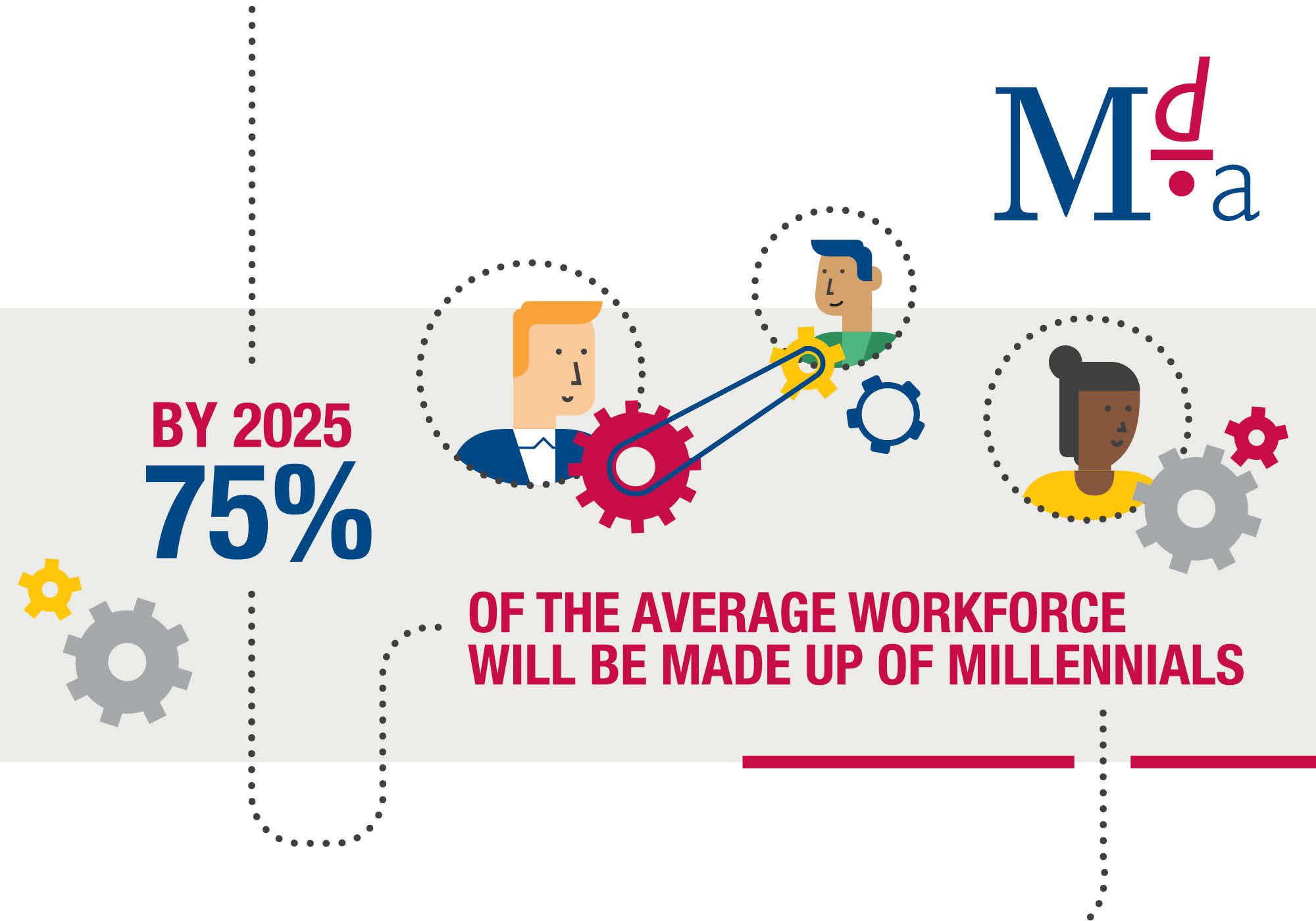Tag: Developing Millennials
-

Are business simulations the solution to optimising your millennials training?
With shifts in workplace dynamics and structure, due to the inevitable exit of many baby-boomer generation workers, millennials are now needed to step up into management roles. With an overarching concern in knowledge gaps between the two generations, many leaders are investing more heaving in millennials training to support the development of these employees into…
-

Millennials training to add value to the workplace
With Millennials firmly establishing their roles within the workplace, by 2025 they will make up around 75% of the global workforce. For employers, their drive and passion to succeed are second to none, and therefore Millennials training is crucial for establishing a basis for working within the dynamic of the business. Through carefully planned programmes…
-

Utilising microlearning as part of millennials training
Less traditional methods of workplace training are becoming increasingly popular within organisations worldwide. Millennials are the future of the workplace so it is becoming more and more important to offer training in order to allow them to excel within their role and embody them with the right skills for the future. Millennials have different learning…
-

Attracting and retaining new talent and opportunities in 2024
The future of your company depends on who is going to be your future C-suite employees. So attracting new talent to your business is imperative to later success. Additionally, retaining those new employees holds great importance. The Harvard Business review found that nearly “33% of new hires look for a new job within their first…
-

Millennials in the workplace
By 2025, 75% of the average workforce will be made up of millennials In 2016, 87% of millennials say professional development or career growth opportunities are very important 29% of millennials are engaged at work, 16% are actively disengaged, 55% are not engaged 57% of millennials say that work-life balance and well-being in a job are…
-

Training Millennials – 5 things you need to know
The Millennial generation signifies a change in outlook when it comes to work, and this is reflected in their preferred learning and development methods. We understand that training Millennials can sometimes feel like a daunting task, even if you yourself fall into that demographic… but it’s important to remember that as of 2025, 75% of…
-

Workplace leadership skills required in the digital age
It has been reported that employees within businesses feel that the biggest organisational challenge they will face over the next five years within employment is dealing with changes to their day-to-day duties due to the advancements in technology. Digital technologies and social media have already begun to challenge how employees do things. It has also…
-

How to retain millennials after graduate training programmes end
Graduate training programmes have become an integral part of many companies workplace training strategies throughout the years. They are beneficial for both employers and graduates as they give graduates their first working experience straight from university while allowing employers to find the right calibre of employee with a fresh outlook on business and new knowledge…
-

Increasing engagement within compliance training at banks
The term ‘tick box training’ relates to methods which are commonly flawed due to their simplicity, and this is becoming ever more apparent within compliance training at banks. As technology evolves, many training programs are too generic and outdated to address the issue at hand, and when you compare the digital knowledge of today’s workforce;…
-

Shifting the culture at banks through experiential learning
It is no wonder that with the introduction of the millennial generation, workplace training has undergone a dramatic transformation in order to keep up to date with the first introduction of a digital generation to the workplace. Over the years, older training methods have slowly been replaced with modern methods including microlearning and simulation training,…